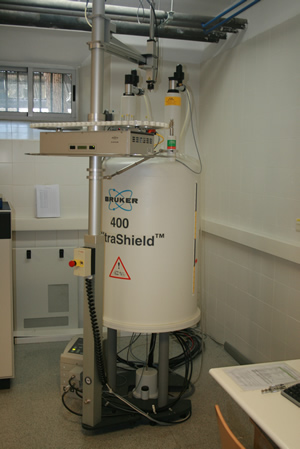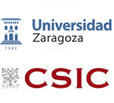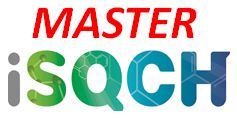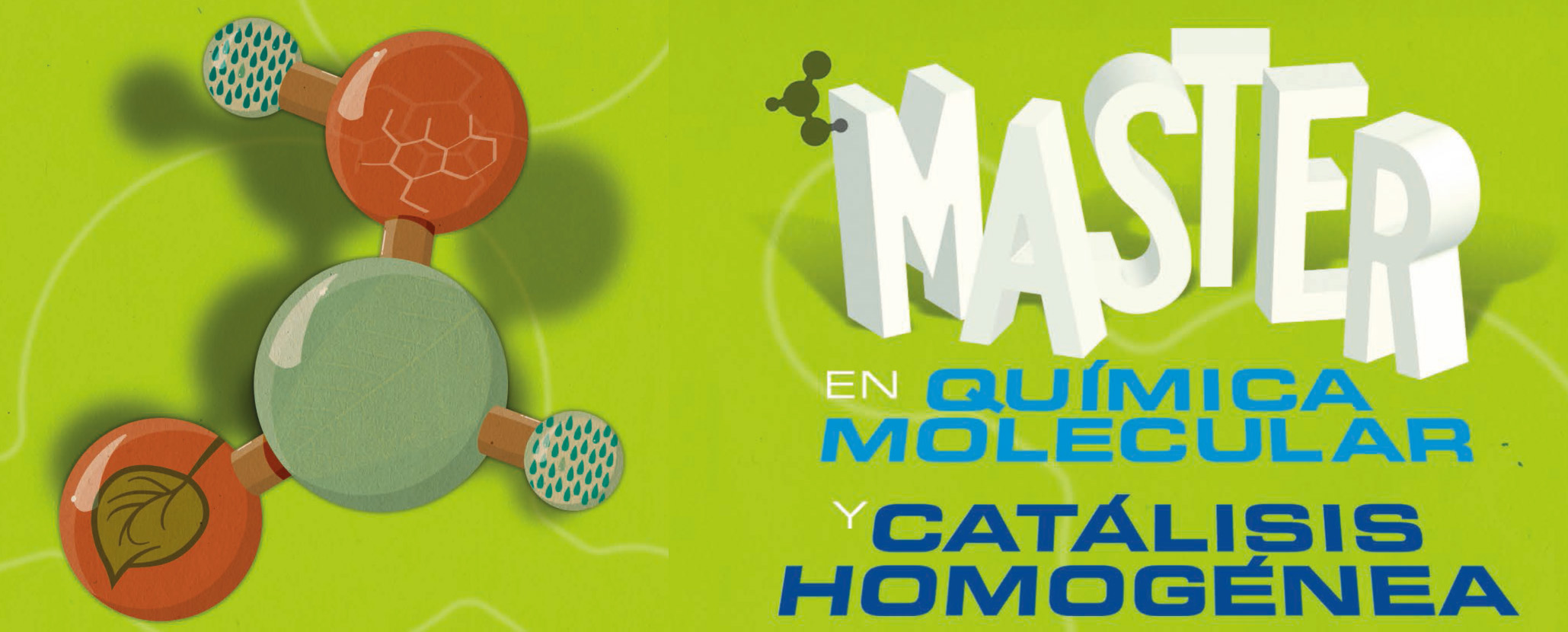NMR SPECTROSCOPY SERVICE
INTRODUCTION
Nuclear Magnetic Resonance (NMR) is a powerful spectroscopical technique that provides detailed information about the structure and stereochemistry of organic compounds, organometallic compounds and bio-molecules. Structural studies can range from small molecules to large polymers and proteins. Dynamic, kinetic and conformational studies can be also performed.
It is a non destructive technique that has applications in a wide range of disciplines, almost all areas of Chemistry and some areas of Biology.
EQUIPMENT
The facility owns different combinations of spectrometers and probes:
- Bruker AVANCE II 300 MHz three channels, probes QNP (13C-19F-31P/1H), TXI (1H/BB/31P) and equipped with automatic sampler.
- Bruker AVANCE III 300 MHz two channels, probe BBOF (BB/1H).
- Agilent Vnmr 300 MHz three channels, probe 4NASW (BB/1H/19F).
- Bruker AVANCE 400 MHz two channels, probes BBO (BB/1H), BBI (1H/BB), CP-MAS (BB), HR-MAS (BB/1H).
- Bruker AVANCE 400 MHz two channels, probe QNP(13C-19F-31P/1H) and equipped with automatic sampler.
- Bruker AVANCE III 400 MHz Wide Bore two channels, probes CP-MAS 4mm (BB/1H), Goniometric of monocrystal (BB), FAST-MAS 2,5 mm (BB/1H).
- Bruker AVANCE 500 MHz three channels, probes BBI (1H/BB), TBO (BB/1H/13C).
APPLICATIONS
Structural elucidation of small molecules. Connectivity, stereochemical configuration and conformation.
Structural characterisation of macromolecules.
Structural characterisation of solids:
- Structural elucidation of non soluble solids.
- Characterisation of immobilised compounds in solids.
- Molecular mobility studies in solids.
Mixtures analysis, components quantification and identification.
Study of chemical reaction mechanisms, characterisation of reaction intermediates, determination of kinetic and thermodynamic parameters.
Study of intermolecular interactions, host-guest affinity, molecular recognition in enzyme-substrate systems.
INTERESTED SECTORS
Chemical, pharmaceutical, agrochemical, food or polymer industries.
Research centers on chemistry, biology or biochemistry, amongst others.










